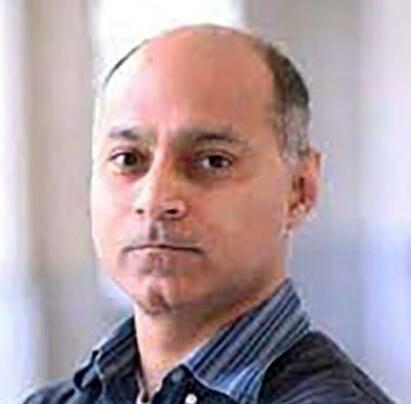
4 minute read
No matter what Ishaq Dar says your dollars are not his
By Ariba Shahid
Panic was high following Finance Minister Senator Ishaq Dar’s remarks in an interview where he said that the dollars held by commercial banks also belonged to the country; making the reserves roughly $10 billion. The comment created a panic sentiment amongst dollar depositors in the country worrying about the government taking over their reserves.
Advertisement
Why did people panic?
This is not the first time depositors of foreign exchange found themselves in a tough position. In 1998, the then prime minister Nawaz Sharif declared a state of emergency following Pakistan testing five nuclear devices. The US government had imposed economic sanctions on Pakistan, along with Japan, one of the largest aid donors of the country.
As a result of a surprise move, on May 28, the government ordered banks to remain closed across the country; and all foreign currency accounts worth $7 billion were frozen. The finance minister at that time Sartaj Aziz said that these measures were necessary to stop the flight of foreign money which would bankrupt the country. The government fixed the dollar rate at Rs46 and advised the account holders to withdraw their money in Pakistani currency.
A day after the nuclear blast and subsequent clamp-down on foreign currency accounts, the Federal Finance Minister, Sartaj Aziz in his press briefing at Islamabad advised the account holders of foreign exchange to withdraw their money rather quickly in local currency and invest it in national saving schemes which offer attractive rates of returns. Foreign exchange account holders were then given a deadline of August 31 to withdraw their deposit in local currency.
At the time Aziz said that Pakistanis should buy Pakistani goods, avoid smuggled items, and live simply.
“I watched Nawaz Sharif make the announcement live on television. At the time I was in the LUMS executive center housing where branch managers from all across the country were present for training. One by one, branch managers stepped out to answer calls on their cellphones. Each came back stating how much they were asked to wire out of the country. There was an active withdrawal of FX from the country,” recalls Khurram Husain, an academic at LUMS at the time and now an economic journalist and analyst. Husain adds that Pakistanis were waiting hour by hour for Pakistan’s reaction to the Indian nuclear tests.
He says that the general consensus of businessmen at the time was that the government unnecessarily panicked. “However, it is important to note that Pakistan did not have enough dollars to honor all those transactions. Had the outflows been allowed, the government would have eventually run out of dollars and would then stop transactions. So it was a question of whether to freeze or not.”
Husain reminds that back then the short term swap position that the government had taken had depleted reserves. On August 18, 1992, the government passed the Protection of Economic Reforms Act, 1992 that superseded all past laws and allowed “freedom to bring, hold, sell and take out foreign currency”.
What do the laws now state?
As per the SBP laws, “The amounts of foreign currency deposits accepted outside State Bank’s forward cover scheme i.e. under F.E. Circular No. 25 of 1998, are not required to be surrendered to the State Bank and the Bank will not provide any forward cover for the same. The Authorized Dealers accepting such deposits are free to lend, invest and place on deposit such funds in Pakistan and abroad subject to the observance of regulations prescribed under the Banking Companies Ordinance.”
What this means is that NBFIS and banks accepting the funds would not be required to surrender the same to the State bank nor the State Bank would provide a forward cover in respect of such accounts. The institutions accepting such funds will be free to keep / invest the same abroad, in addition to their usual Nostro balances or to invest / lend it in Pakistan.
This also means that they will also be free to recover reasonable bank charges on handling cash transactions in foreign currencies received into or paid out of such accounts. The balances of new foreign currency accounts will not be required to be reported to the State Bank of Pakistan in the statement prescribed on pages of Appendix V of the Foreign Exchange Manual. Instruction regarding reporting for monitoring purposes of transactions under the new scheme will be issued separately. n
I watched Nawaz Sharif make the announcement live on television. At the time I was in the LUMS executive center housing where branch managers from all across the country were present for training. One by one, branch managers stepped out to answer calls on their cellphones. Each came back stating how much they were asked to wire out of the country. There was an active withdrawal of FX from the country
Khurram Husain, former editor Profit








